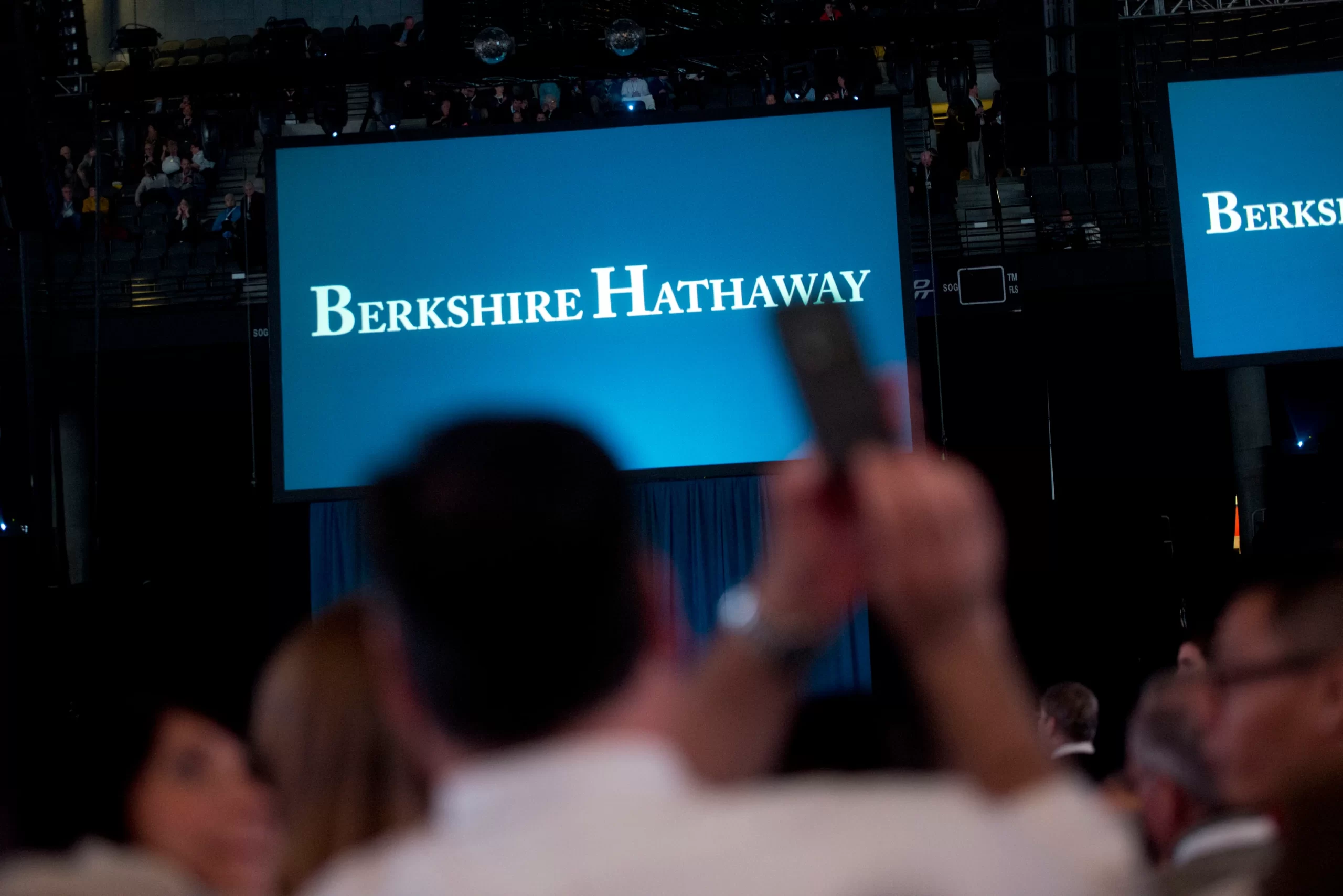Berkshire Hathaway is a company that has generated a lot of interest over the years. This is in part because it does not pay dividends to its shareholders. Why Berkshire Hathaway doesn’t pay dividends? Does Warren Buffett hate dividends?
In this article, we will explore the reasons why Berkshire Hathaway does not pay dividends and what implications this has for investors. We will also ask the question of whether or not Berkshire should start paying dividends in the future.
How much of a dividend does Berkshire Hathaway pay?
Berkshire Hathaway does not pay any dividends to its shareholders and has never paid a dividend since Warren Buffett took over the company. This may come as a surprise to some, given that Berkshire is one of the most successful companies in the world. However, as you will learn in this article, there are intelligent reasons behind this decision.
Why Berkshire Hathaway does not pay dividends?
The primary reason that Berkshire Hathaway does not pay dividends is because of taxes. If Berkshire were to pay dividends, it would be subject to double taxation.
This means that the company would first be taxed on its profits, and then shareholders would be taxed on the dividends they received. This would effectively reduce the amount of money that shareholders would receive, and so Berkshire has decided not to pay dividends to avoid this tax.
Another reason that Berkshire Hathaway does not pay dividends is that it prefers to reinvest its profits. This allows the company to compound its growth and create more value for shareholders over the long term.
It also allows the company to have cash reserves to invest in undervalued companies when the opportune time arises.
For example, in 2008, Berkshire Hathaway invested $5 billion in Goldman Sachs during the financial crisis. This investment proved to be very lucrative for Berkshire, as it made a $3.7 billion profit just three years later in 2011.
Has Berkshire Hathaway ever paid a dividend?
No, Berkshire Hathaway has never paid a dividend in its history. This is in line with Warren Buffett’s philosophy of reinvesting profits and avoiding double taxation. Allowing him to have more capital to allocate, and creating more long-term shareholder value.
Why does Warren Buffett not like dividends?
The answer is simple: taxes. Dividends are taxed at a higher rate than capital gains, so by not paying dividends, Berkshire Hathaway saves on taxes.
Warren Buffett also believes that it would be more valuable if the money was invested into companies rather than paid out in a currency that is subject to inflation. Over time the companies he invests in will likely increase in value while the cash dividends will lose purchasing power to inflation.
These are the reasons why Warren Buffett does not like dividends when it comes to paying them out. However, he does receive them when he is an investor in other companies. For example, he owns shares of Apple and Coca-Cola, which do pay dividends.
But at the end of the day, it comes down to taxes. By not paying dividends, Berkshire Hathaway saves on taxes. This is why Warren Buffett doesn't like paying them to his investors.
Will Berkshire ever pay dividends?
The decision to start paying dividends is ultimately up to Berkshire Hathaway's management. If you are a dividend investor, then Berkshire Hathaway is not a company that you should invest in.
This is because there is a very low chance that the company will ever start paying dividends.
Investors who are interested in Berkshire Hathaway should focus on the company's long-term growth potential and its ability to create value for shareholders.
These are the qualities that have made Berkshire one of the most successful companies in the world.
Should Berkshire pay a dividend?
No, over the years Berkshire Hathaway has not paid a single dividend, and still, shareholders were able to achieve incredible returns. This means that the company’s policy of not distributing profits has been achieving the desired results. It allows Warren Buffett to have more free cash to deploy by buying undervalued stocks, which allows him to achieve superior results and beat the market.
Berkshire Hathaway is a holding company that owns several subsidiaries. The company does not pay dividends to shareholders but instead reinvests its earnings back into the business.
There are a few reasons why Berkshire Hathaway doesn't pay dividends.
One reason is that the company feels it can generate higher returns by reinvesting its earnings back into the business. Another reason is that paying dividends would create a taxable event for shareholders.
If Berkshire Hathaway did pay dividends, shareholders would be taxed on their dividend income. For high-income taxpayers, this could result in a significant tax bill. Given these tax implications, it's no wonder why Berkshire Hathaway doesn't pay dividends.
If shareholders need income, they can always sell their shares. While this would create a taxable event, it would likely be taxed at a lower rate than if Berkshire Hathaway paid dividends. This is because capital gains tax rates are lower than dividend tax rates.
To summarize, Berkshire Hathaway should not pay dividends because of the tax implications. The company would be better off using its cash to reinvest in its business or repurchase its own shares. Warren Buffett's decision is ultimately a wise one as the oracle of Omaha knows a thing or two about making money.
Conclusion
So, there you have it. The reasons why Berkshire Hathaway doesn't pay dividends to come down to taxes and the company's belief that it can generate better returns by reinvesting its earnings.
As a dividend investor, Berkshire Hathaway is not a company you should invest in. If you're looking for long-term growth potential, however, Berkshire Hathaway should be considered.

